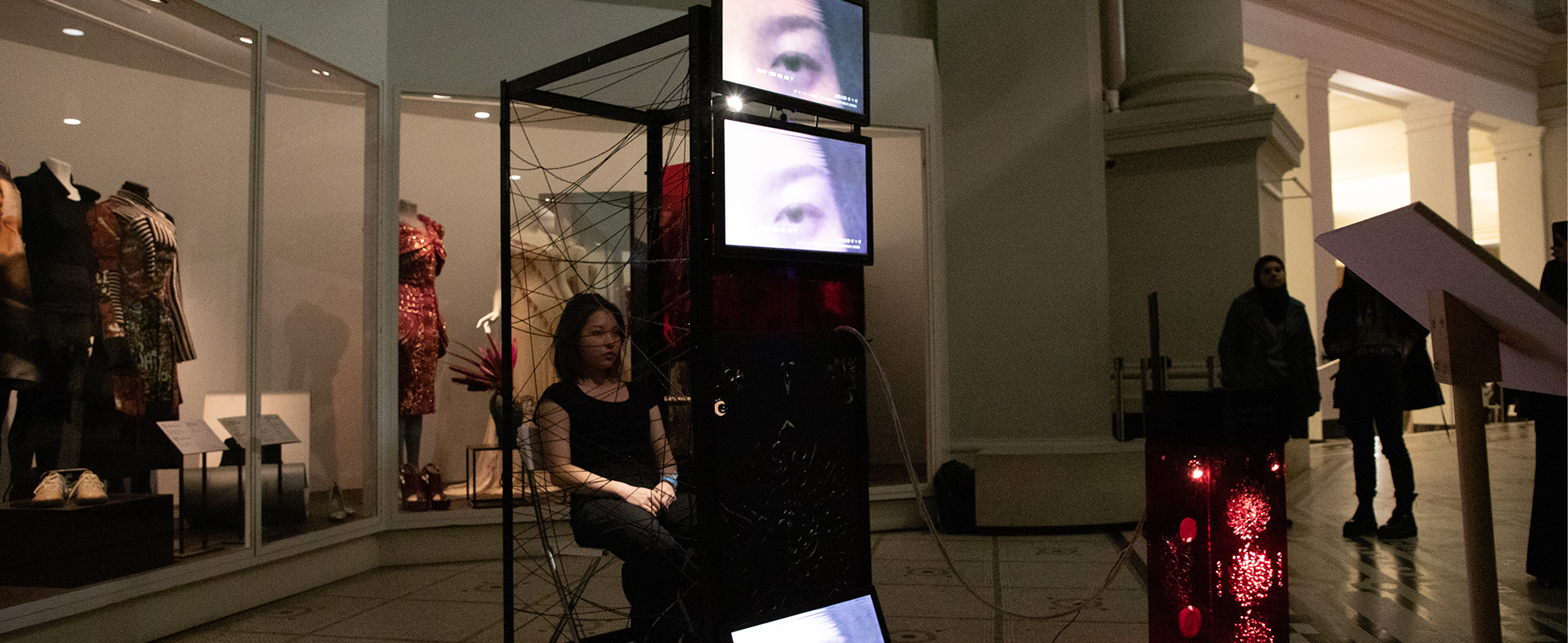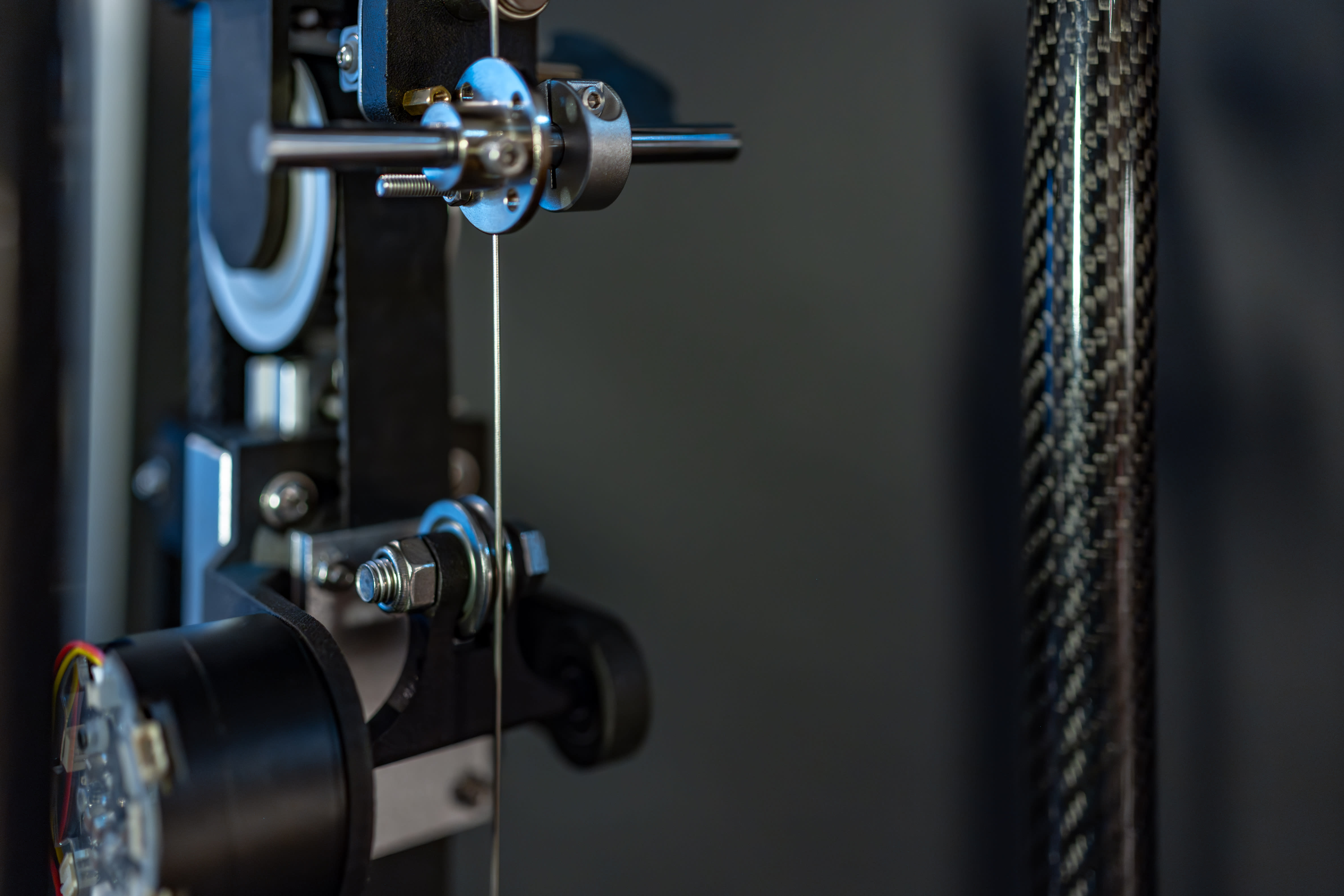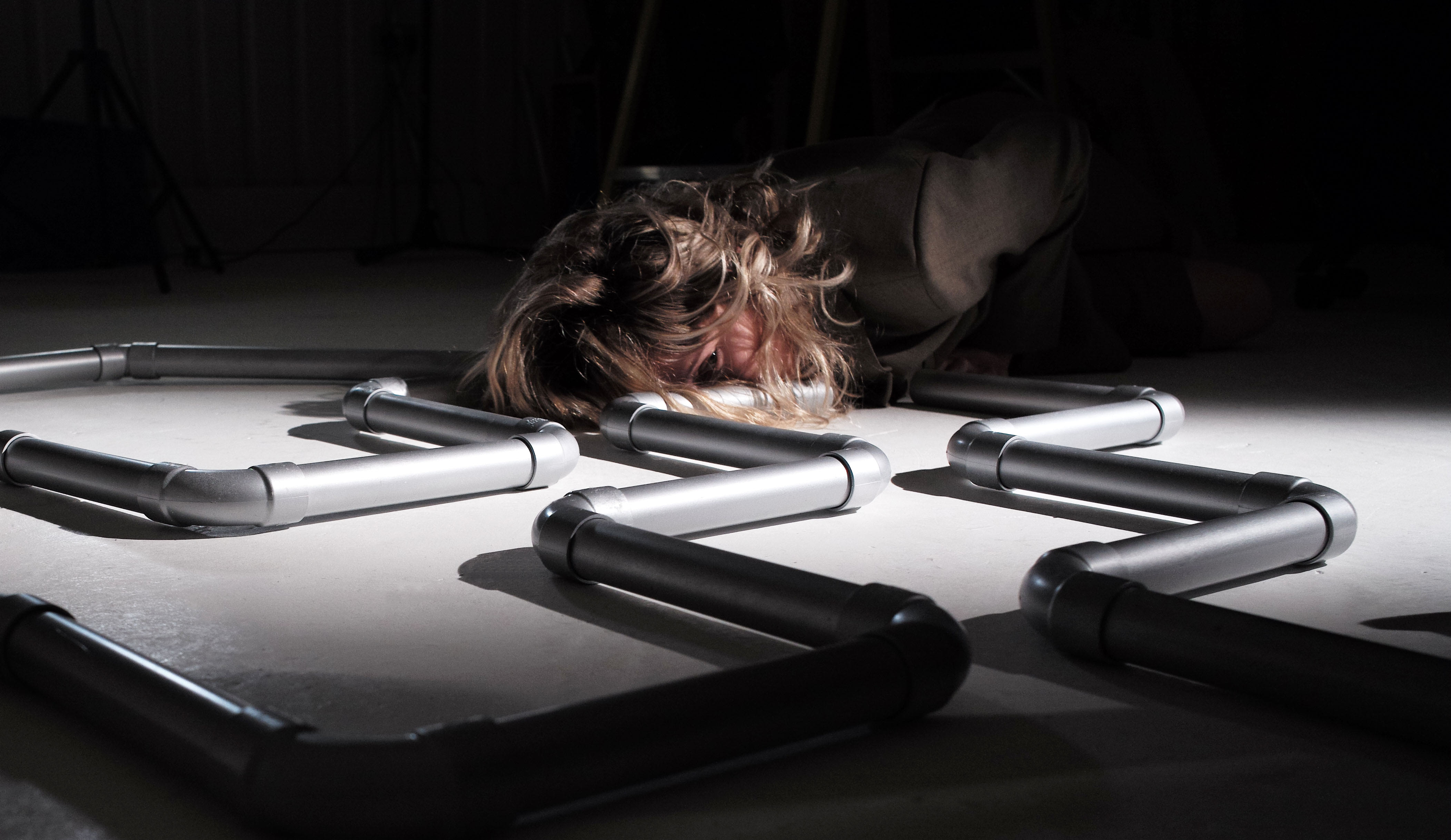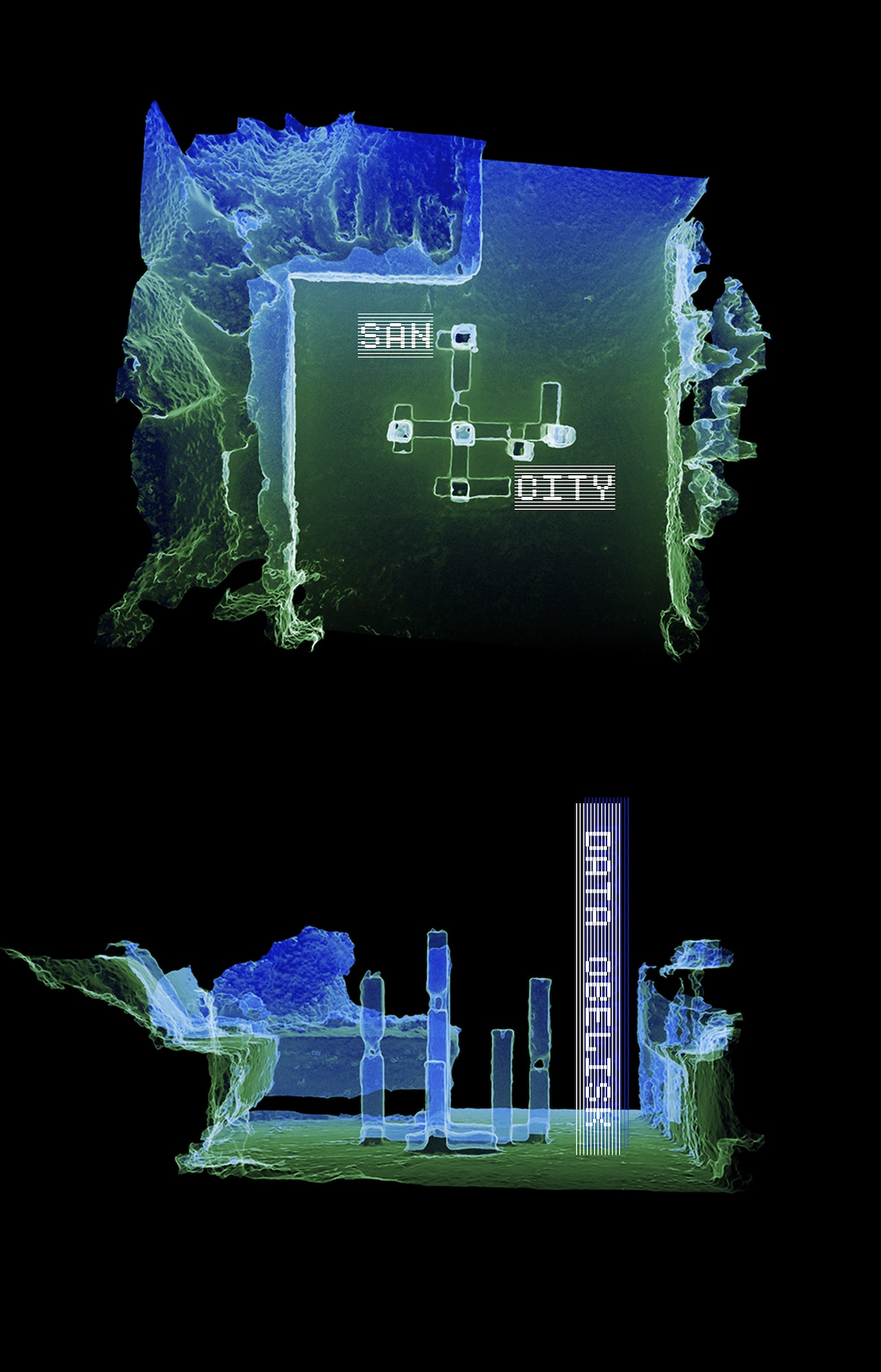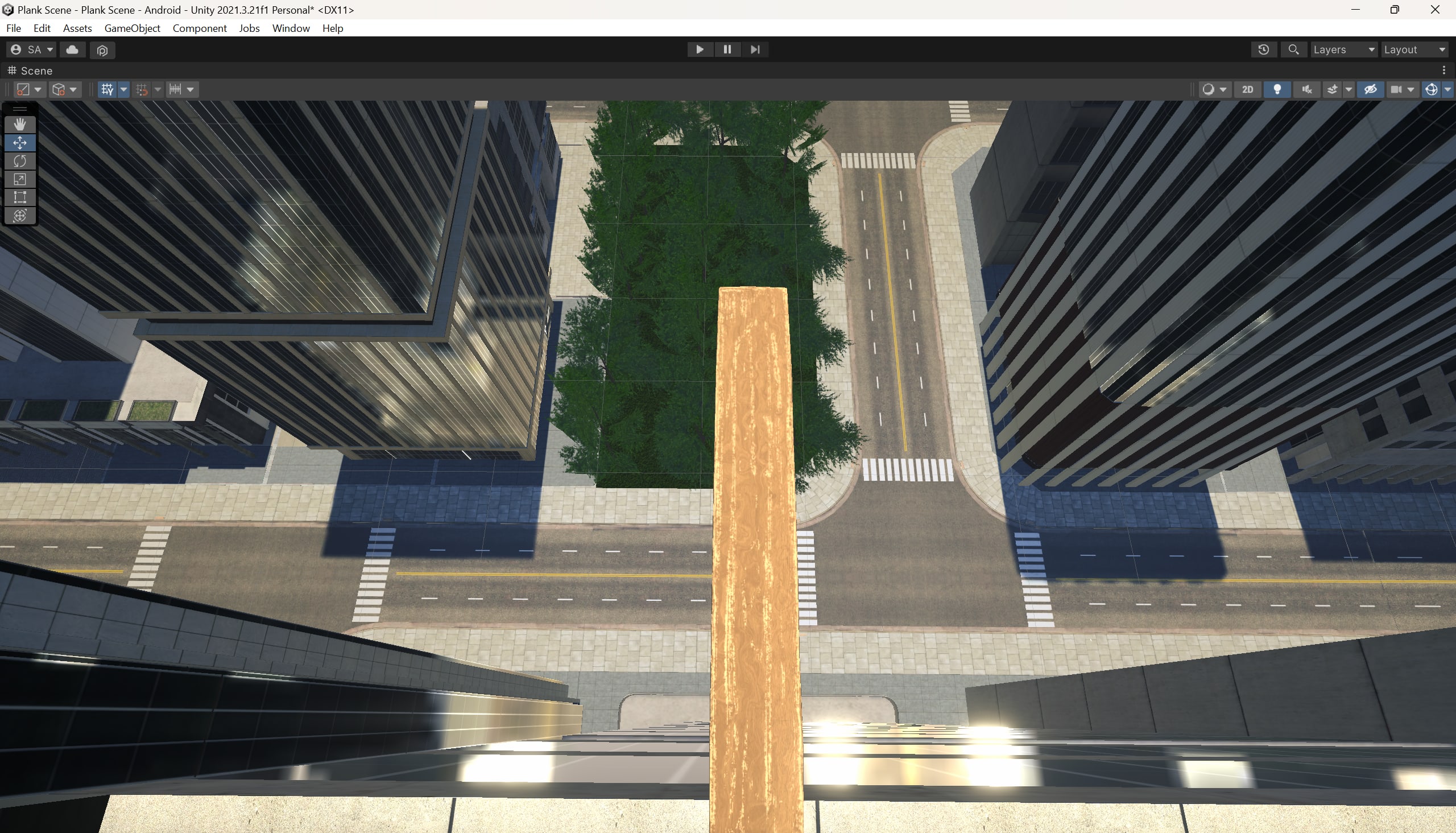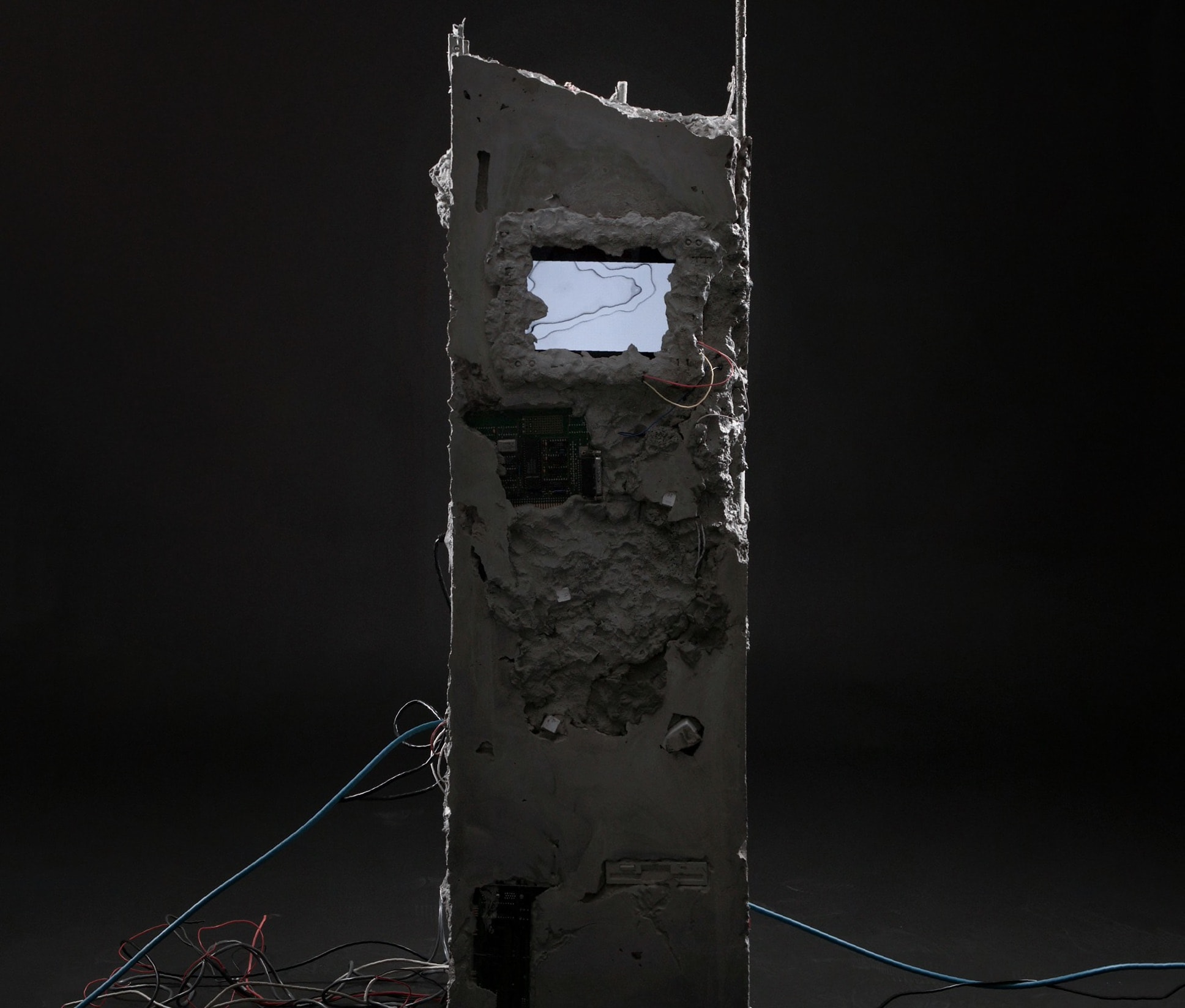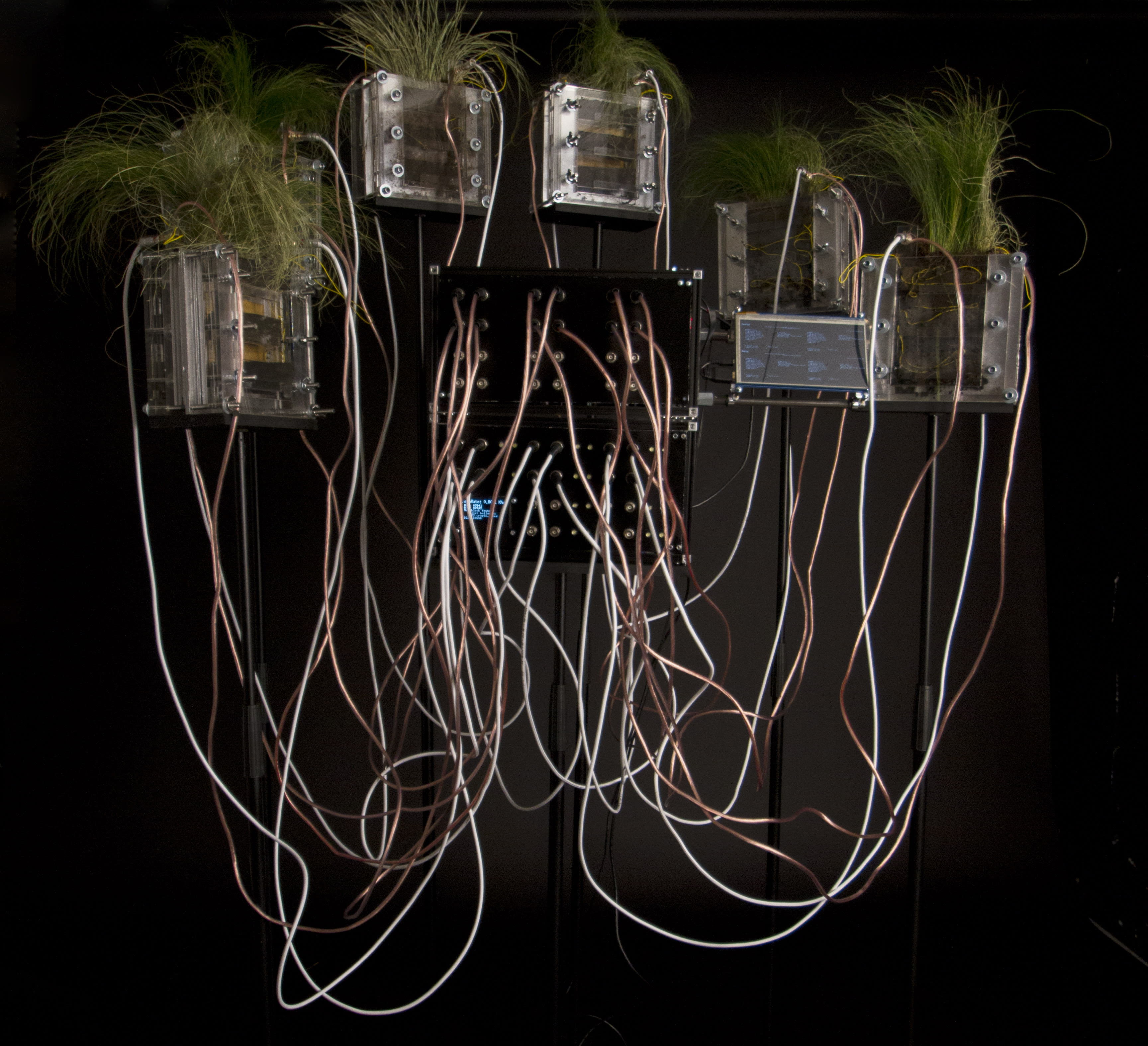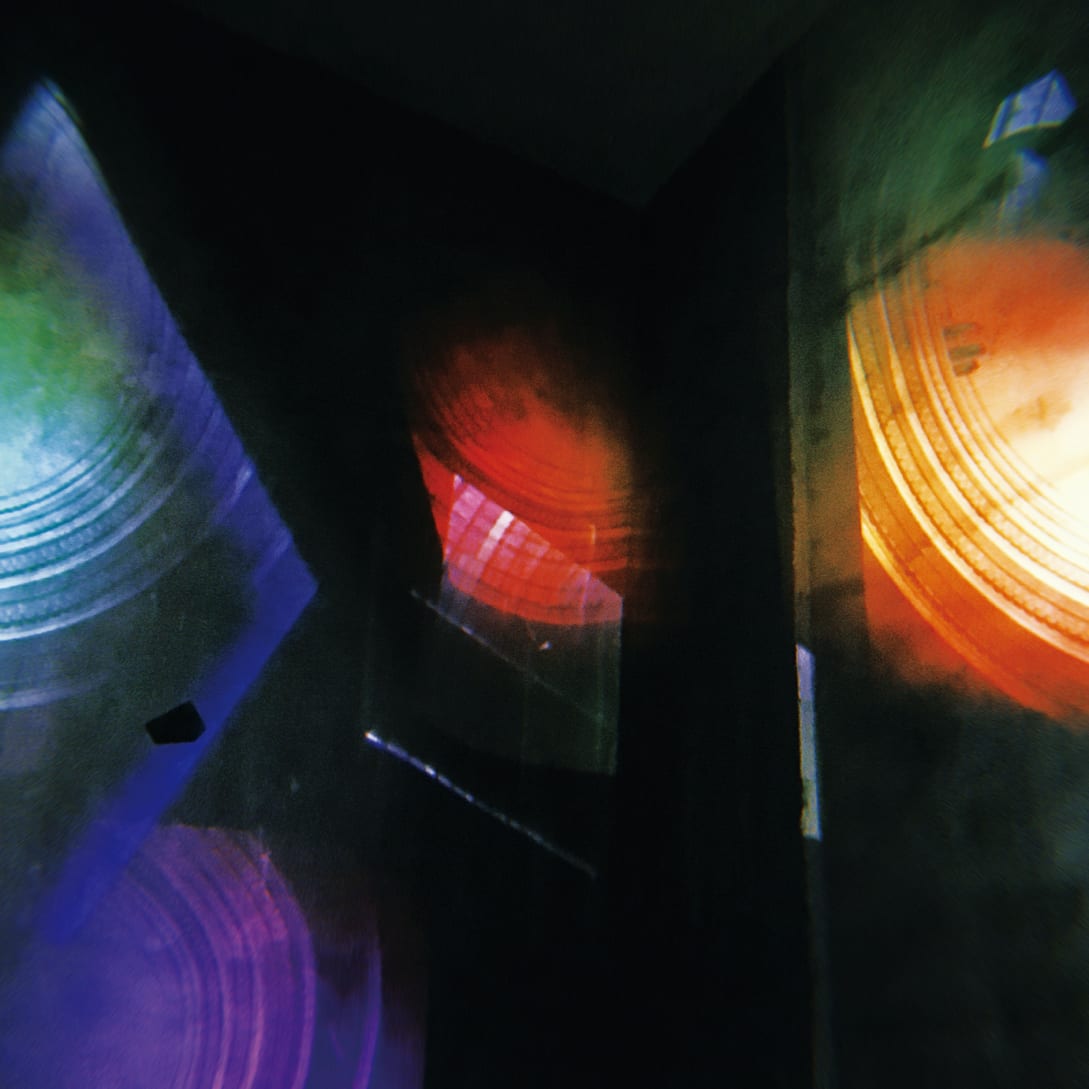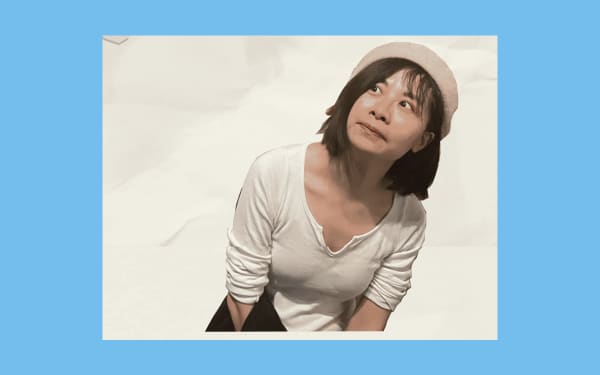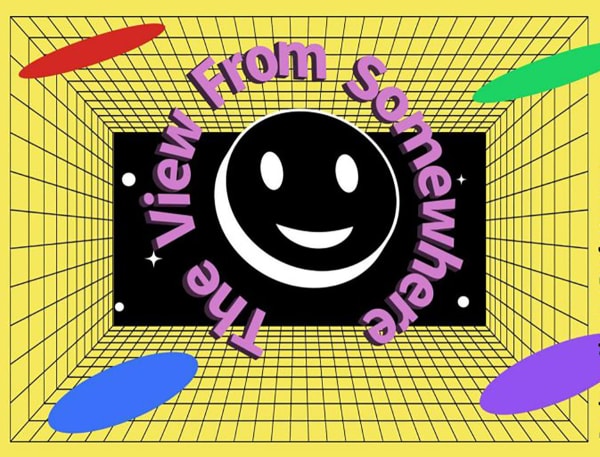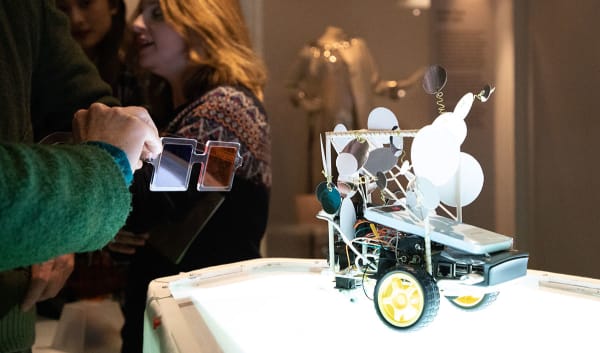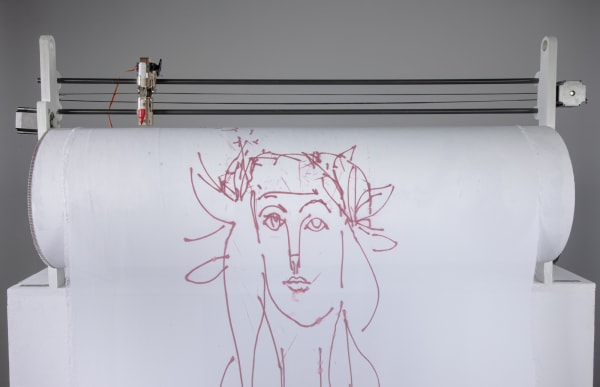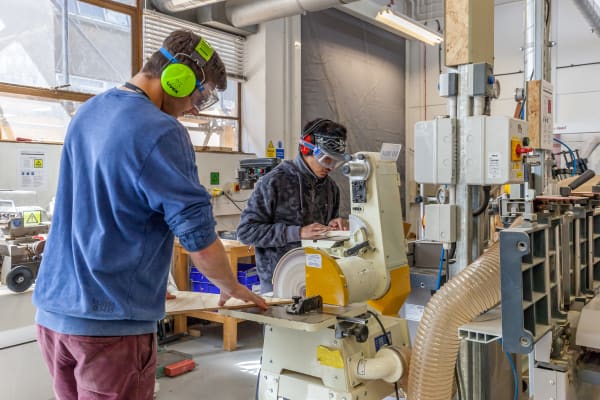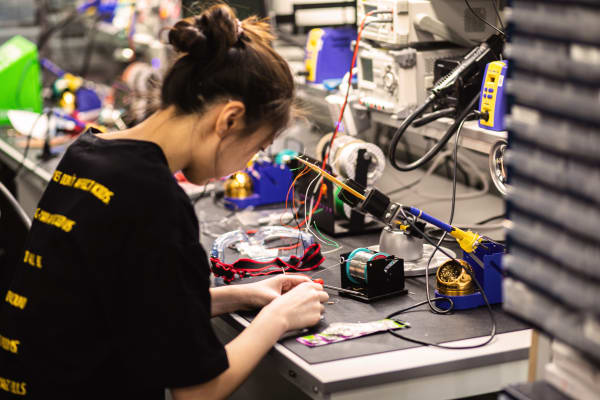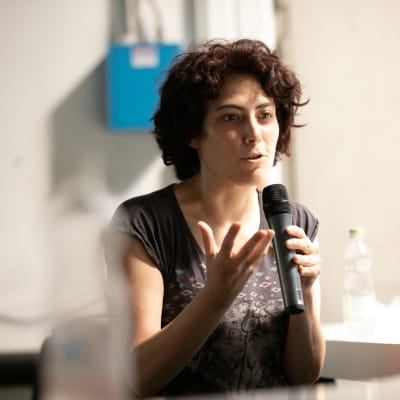Course units
We are committed to ensuring that your skills are set within an ethical framework, and we have worked to embed UAL’s Principles for Climate, Racial and Social Justice into the curriculum and in everything we do.
As part of this initiative, we’ve shaped our courses around social and environmental sustainability principles that ensure learning outcomes reflect the urgent need to equip you with the understanding, skills, and values to foster a more sustainable planet. Our aim is to change the way our students think, and to empower you to work towards a sustainable future.
Each course is divided into units, which are credit-rated. The minimum unit size is 20 credits. The MA course structure involves 5 units, totalling 180 credits.
Autumn, block 1
Block 1 of the course introduces you to the theories and concepts that are core to the course’s research-led and critical form of Interaction Design.
Theories and Practices of Interaction Design (40 credits)
You’ll develop a critical understanding of interaction design and its relevance to current theoretical, social and cultural contexts. Through a seminar series you’ll be introduced to both historical and contemporary theories, as well as practices drawn from the worlds of art and design, giving you an understanding of the research context for the course.
You’ll produce and reflect on a series of individual and group practical projects that engage with social, cultural and political concerns, drawing from you own perspective and context. Through this, you will develop a considered framing for your practice throughout the course and beyond.
Spring, block 2
Block 2 offers you the opportunity to engage further with your critical practice to produce research-led and experimental interaction design projects.
Collaborative Unit (20 credits)
You’ll complete a group studio project in response to a brief from an external partner. Previous partnerships have been with organisations such as the V&A, the Design Museum, and BBC Research and Development. Alongside brief-specific content, you will be supported by seminars on organisation and working methods, expanding your approaches to working in a contemporary interaction design context.
Explorative Practice (40 credits)
This unit will give you the option to choose between distinct electives to pursue your own thematic path in the field of interaction design. You will explore new practices and methods to develop your skill-set and allow you to produce an innovative project that applies your in-depth research to the practical context of interaction design.
Summer, block 3
Block 3 offers you the opportunity to use both the critical and technical skills gained in block 1, alongside the research and development skills you developed in block 2, to produce a new work of interaction design that is creatively and technically ambitious and underpinned by in-depth critical research. You will be supported in reflecting on the place and impact of this practice on the wider world.
Masters Project (60 credits)
Weighted 50% research component and 50% practical component
You will undertake a Masters Project which relates to the expanded field of design and interaction developing your own research domain and specialism for your work. You will use broad theoretical models and practical skills spanning multiple disciplines to actively develop and produce a critically aware major project. You will reflect on this project’s capacity and potential in the world, and for an audience, and contextualise it within your future aims for your practice.
Examples of Masters Projects
- BE IN LAND_SCAPE (Yili Zhao) A reflection on how we perceive industrial landscapes and exploration of the connection between material, memories, and these landscapes.
- Into the Ethereal (Nella Piatek) Divided into three chapters a film that poses questions regarding physical and digital traces, haunted objects, and eternal memory.
- Nepenthe (Mariana Marangoni) An interactive fiction that depects the Cesium-137 incident in 1987 which happened in Brazil. It was the second worst radioactive incident globally, excluding power plants. However, the government tried to hide information about it.
If you are unable to continue or decide to exit the course, there are two possible exit awards. A Postgraduate Certificate will be awarded on successful completion of the first 60 credits and a Postgraduate Diploma will be awarded on successful completion of the first 120 credits.
